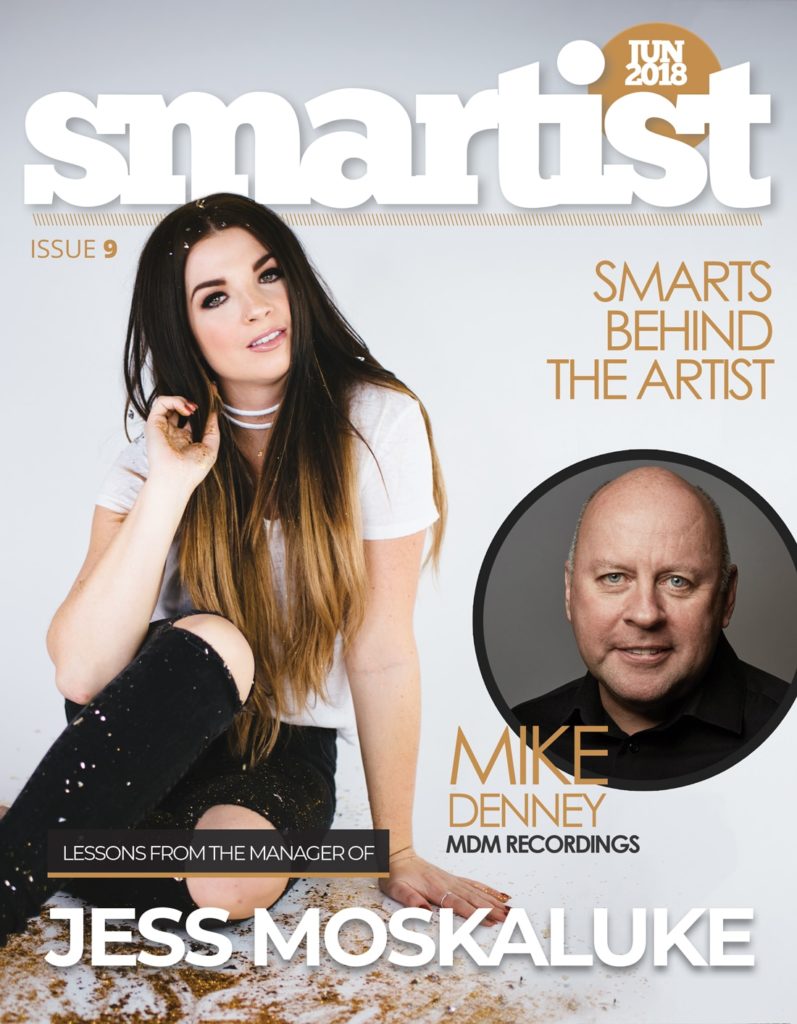Social Media Marketing for Bands: Are Artists Over-Sharing Online?

Social Media Marketing for Bands: Over-Sharing
Remember the days before social media? Fans were much further separated from their favourite bands lives. There was so much more mystery back then. We weren’t updated in real-time; we didn’t know much about what they did in their spare time, what their families were like, where they were at any given time, or what they ate. Today, so much of everyone’s existence can be found out online. For the most part, this is magical thing. As fans, we love to be able to find out information about our favourite bands within seconds. It’s really cool to be able to get access to behind-the-scenes information, and feel like an insider. Read on to find out more about social media marketing for bands and avoiding over-sharing.
I shared some general tips on Social Media Marketing for Bands. It’s important to post regularly, as regularly as a few times per day, depending on the medium. Some say max 3-posts a day on Facebook, 1 post a day on Instagram, and even once an hour on Twitter. But, sometimes it’s good to have a little more mystery and difference. Some artists don’t need to be posting all the time. Sometimes less is more.
When it comes down to it… do what works for you. It’s important to be communicating with your fans, but at the same time it’s ok to stay within your comfort zone.
What we do know is that if you don’t post often at all, and don’t post interesting content, it’s pretty much a sure shot that you won’t be gaining many new fans on your social accounts. If you’re already a celebrity it’s easier to gain followers online, but even still that doesn’t guarantee anything. A fan of your music doesn’t necessarily mean they’re a fan of your online posts.
It takes a lot for some people to hit like page ‘like’ button on Facebook or ‘follow’ button on Twitter. For me personally, if I see that the account holders haven’t posted anything in a week or more, and the last few posts were of something totally un-interesting to me, then I’m not going to see value in liking the page.
Fans and online followers don’t just come, you need to give them good reason.
What I wanted to open up for discussion in this article is the concept of over-sharing, not in the form of the number of things you post per day, or how often you’re posting in general. What I’m talking about is the sharing of completely useless and boring content, or content that is potentially detrimental to your career.
Apple Music’s CEO Jimmy Iovine spoke publicly in early October 2015 at the Vanity Fair New Establishment Summit (as seen in this article) about his concern of the over-sharing nature today:
“Instagram is not the greatest thing [for artists]. Do I really want to know that Jim Morrison is shopping right now? No! I want to think he lives like [the image of a rock star]. That chips away at mystique… the label’s responsibility is to figure out a way… to rebuild that thing.”
There’s still a bit of mystique and mystery, it’s not totally gone. But, when you over-share, you’re reducing the amount of mystery left in your brand, and even worse, you could find your career at risk. It might be good to consider how mysterious you want to be before posting certain things. For riskier, or more negative content, you definitely want to consider what you’re saying before posting it.
As a general rule of thumb, however, there are certain things that no one should be sharing online. Such as:
- An argument with or disagreement with someone in any form
- Negative talk about someone or something
- Insulting someone
- Overly political views
Just keep it offline.
How do you feel about artists and social media? Is the mystery gone? Is this a good thing or a bad thing?





Responses